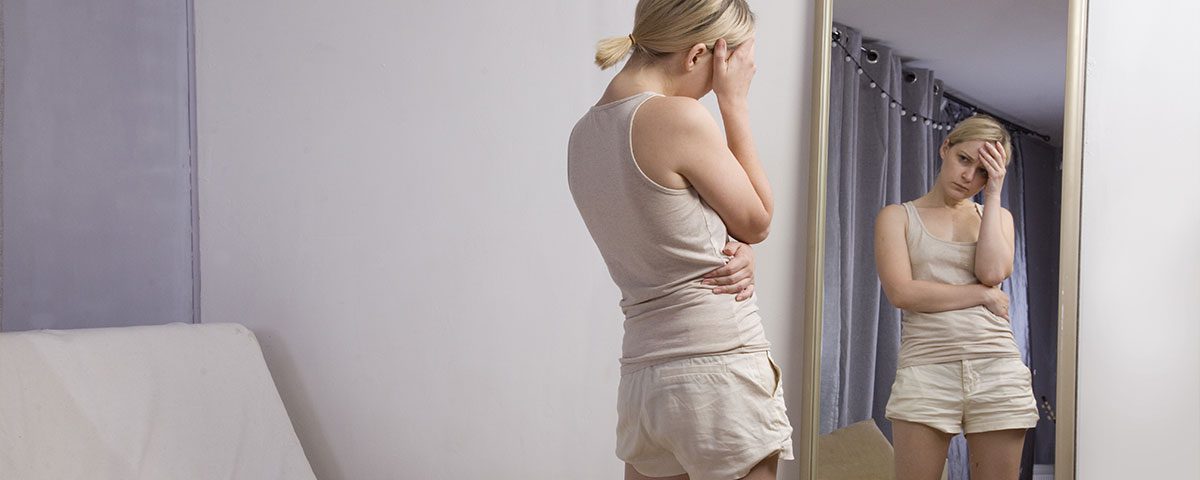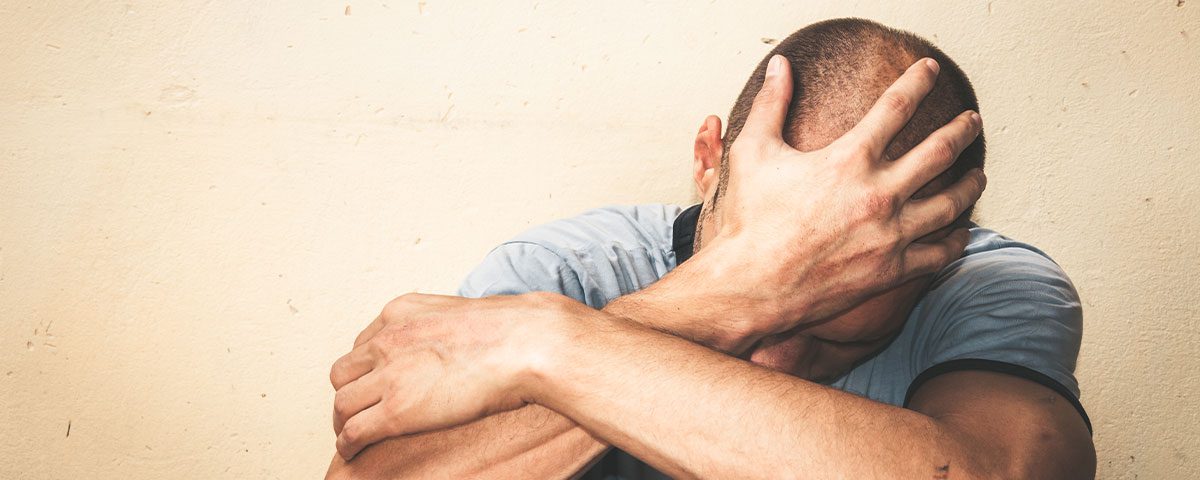


Signs of Body Dysmorphia
May 10, 2021

Difference Between Agoraphobia and Social Anxiety
May 25, 2021Understanding Mental Illness Relapse


As a center for mental health care in Boca Raton, we understand that mental health relapse can occur.
While the term relapse is often associated with the return to drug or alcohol abuse, people with mental disorders can also experience symptoms of their condition, even in recovery. Understanding mental illness relapse, its causes, and its warning signs are important for helping others and spreading mental health awareness.
What Is Mental Illness Relapse?
A mental illness relapse occurs when symptoms of a mental illness reoccur after a period of relief. Mental disorder relapse usually occurs in several stages and patterns that are specific to each individual. Certain symptoms may be recurring and these symptoms may be different for everyone in recovery from mental illness. The severity of mental illness relapse depends on the type of disorder and the person’s accessibility to treatment. For example, individuals with severe mental disorders like schizophrenia and bipolar disorder are more likely to experience numerous periods of relapse throughout their lives. Avoiding these relapses is possible with consistent mental health care.
At Banyan Mental Health, we offer various mental health programs in Boca that address various disorders. From depression to PTSD, we pride ourselves on offering well-rounded and comprehensive forms of mental health care for every patient.
What Causes Mental Illness Relapse?
A mental illness relapse can occur for various reasons. Mental health relapse triggers may vary depending on the individual, how much treatment they’ve received, and how long they’ve been in recovery. Relapse is a common occurrence in early recovery but it can still be avoided.
Some of the most common causes of relapse in mental illness include:
- A change in medication
- Change in medication dosage
- Not taking medication
- Using drugs or drinking alcohol
- Stress
- Hormonal changes
If you take medication for a mental disorder, you should always contact your doctor before attempting to change anything about your medication. If you notice certain changes in your thoughts or behavior, talk to your doctor as well. It’s important to stay on top of how you’re feeling daily to ensure you’re benefiting from your medication and treatments. You should also be cautious about taking any other prescription medications or drinking. Among the most common triggers for mental illness relapse is drug abuse and alcohol consumption, which can affect chemical levels in your brain. This can not only cause a relapse in your mental health but can also lead to addiction.
Banyan Mental Health also offers an aftercare program for patients who have completed treatment at our facility. We understand that relapse can occur in people with mental illness and offering continuous support after rehab is essential to long-term recovery.
What Causes Mental Illness Relapse?
Whether you’re a caretaker of a person with a mental illness or are in recovery yourself, it’s also important to be aware of the warning signs of relapse. These early warning signs can be obvious from a few days to a few weeks before relapse.
Some common warning signs of a mental illness relapse include:
- Changes in sleep pattern
- Isolation from others
- Changes in appetite
- Feelings of loneliness
- Being unable to relax or feeling uneasy
- Irritability
- Lack of hygiene or attention to appearance
- Difficulties concentrating
- Forgetfulness
- Unexplainable aches and pains, most common in people with depression
Family support in mental health recovery can make a huge difference in whether an individual recovers from relapse. If you realize the warning signs of a mental illness relapse in yourself or a loved one, take action immediately. First, the person’s doctor should be contacted to discuss any possible changes in medication. Depending on the nature of the person’s symptoms, they may require additional mental health care.
Our team knows that understanding mental illness relapse is crucial for helping patients recover from mental illness and co-occurring disorders. Call us now at 888-280-4763 to learn more about the disorders we treat and our mental health treatment methods.







